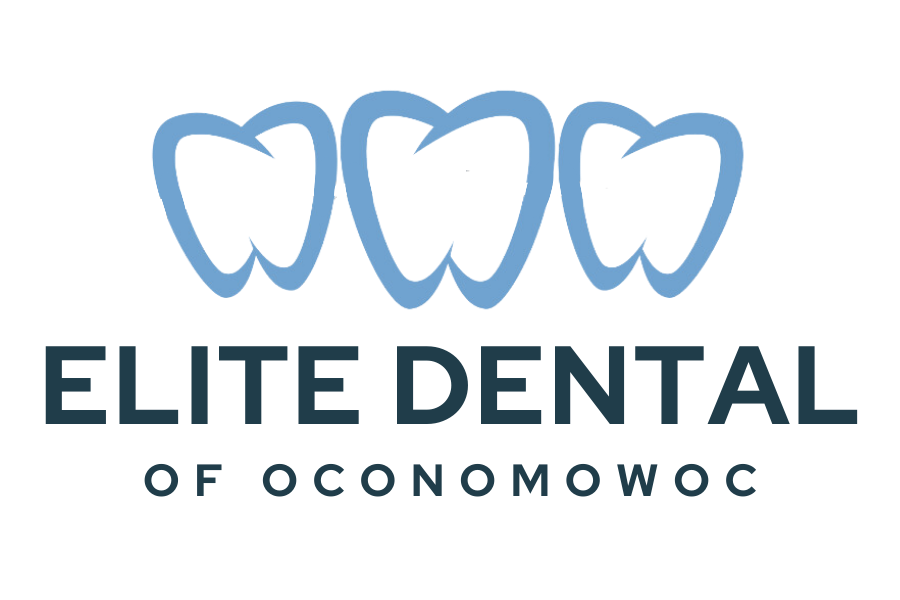Flossing – Bad Breath Killer

Flossing As Prevention For Bad Breath
Need another reason to floss your teeth at least once a day? Flossing daily helps improve bad breath by effectively removing the food particles and bacteria that contribute to it. That makes flossing one of the easiest ways to prevent and banish bad breath.
Bad breath, also known as halitosis, is more common than many people realize. You may joke about bad breath, whether it’s your own or someone else’s, but it’s an important oral health issue. Bad breath can be more than an embarrassing social problem-it can be a sign of disease or illness.
Saliva is Your Friend
Less saliva means that your mouth is more susceptible to plaque buildup, which can create an unpleasant smell on your breath. Pay extra attention to any of the following circumstances that can reduce the saliva in your mouth and promote bad breath:
- Drinking alcohol. Alcohol-containing beverages may promote a dry mouth and cause bad breath. So don’t forget to floss after an evening out on the town, no matter how much you’re tempted to hop into bed and forget about it.
- Early morning. Saliva stops flowing while you sleep, so you may be prone to bad breath in the morning. If so, mornings may be the best time for your daily dental flossing.
- Being hungry or thirsty. When you’re dehydrated, there’s not as much saliva in your mouth, so you’re prone to bad breath and increased bacterial buildup. Drink enough fluids and remember to floss. Also, remember that chewing food increases the saliva in your mouth, so if you’re skipping meals or dieting, you may develop bad breath.
If you’re dieting and eating less frequently, a mint floss can not only help bad breath by removing bacteria, it may help you with your diet by providing a fresh taste in your mouth that makes you less tempted to snack. People who are following extremely low carbohydrate diets also sometimes report bad breath, but these reports are anecdotal. If you’re on a low-carb diet, or any restrictive diet, you may be promoting bad breath. If you must restrict your food intake and eat infrequently, drink plenty of water to help maintain the level of saliva in your mouth to help prevent bad breath in addition to following a good oral care routine.
To read the entire article please visit: OralB.com
Drs. Leaman, Setnicar & Piacsek, S.C.
James Leaman DDS, Joseph Setnicar DDS, Stacie Piacsek DDS
820 Summit Avenue
Oconomowoc, WI 53066
262-567-4466
